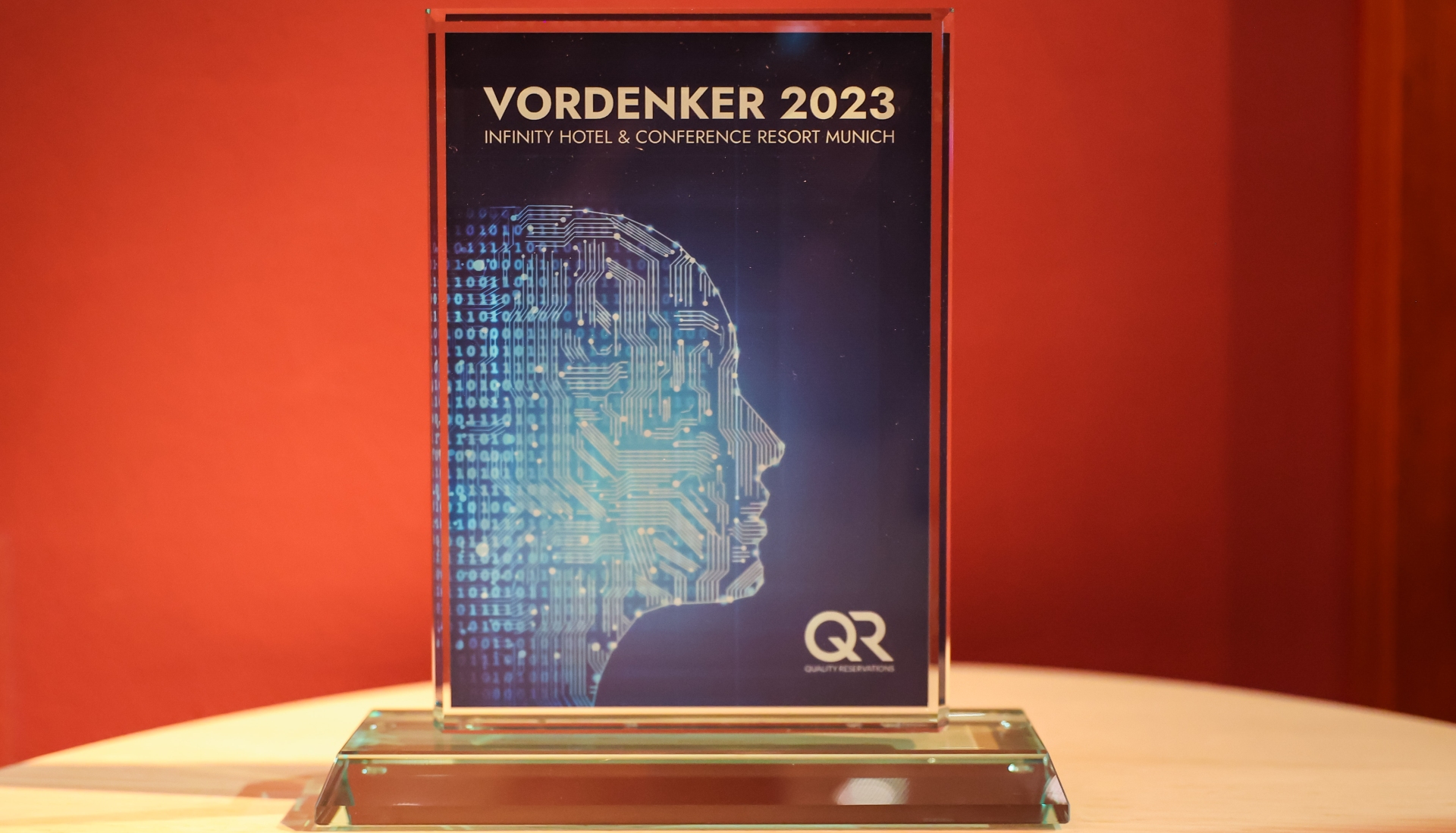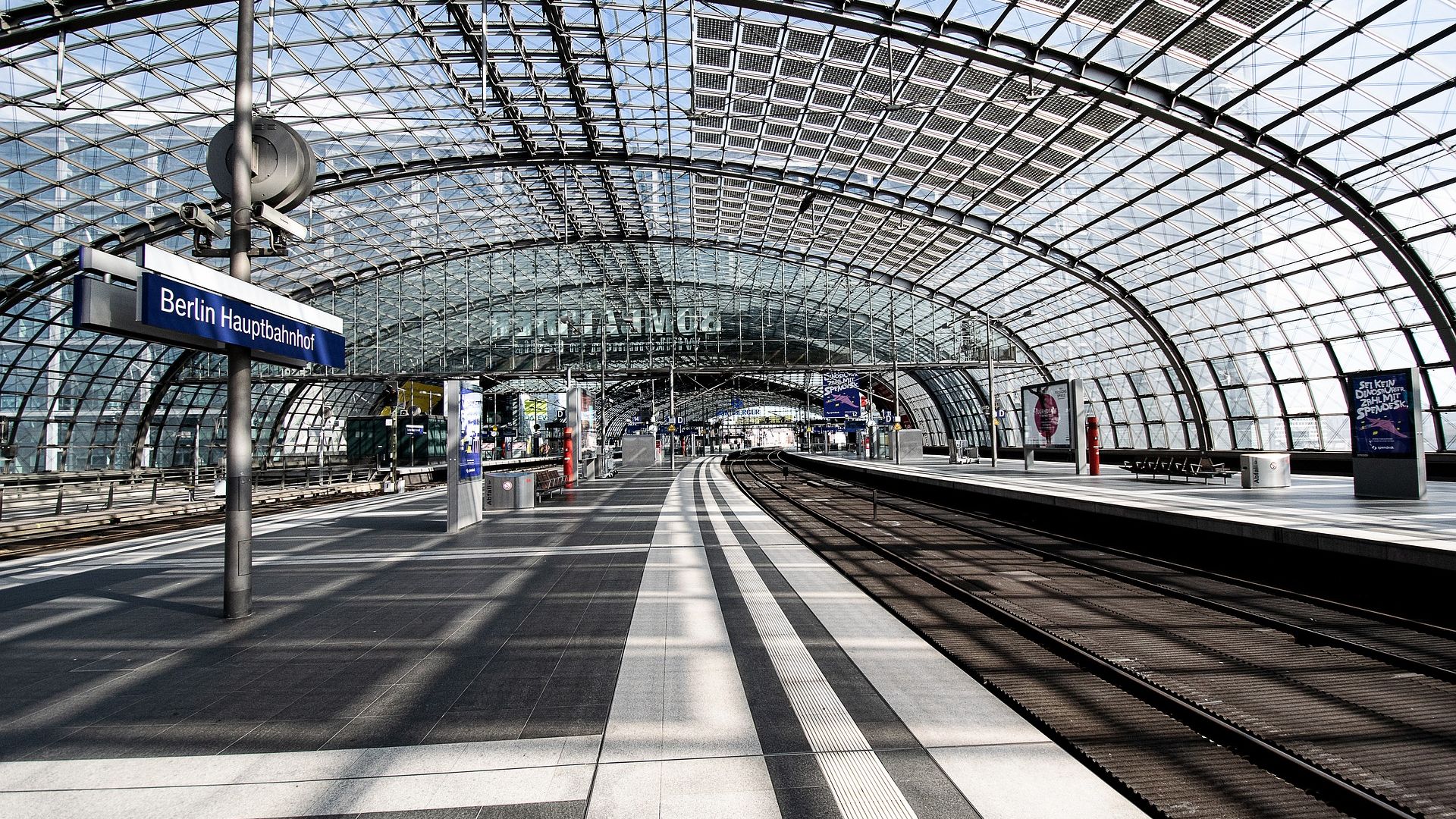From the PC to the cloud
PMS: a checklist for the system change in the hotel
Clear cut or data transfer?
Maria Brand, Head of Revenue at the hotel group, reports on how The Chocolate on the Pillow Group successfully planned and implemented the PMS change.
Mrs Brand, what was the decisive factor in your decision to switch to PMS?
One of the digitalisation projects at The Chocolate on the Pillow Group is the avatar-guided kiosk check-in, which our guests can also use to check in online. This required a PMS with an open API. "Fritz", the digital colleague, now guides guests through the check-in process with the help of AI, reducing waiting times and collecting all relevant data. We can flexibly configure the newly selected PMS to our needs. In addition, the previous PMS no longer convinced us when it came to support.
Which departments were responsible for planning and realisation?
Many departments were involved in the planning, realisation, implementation and further development: Revenue, Operations and Finance took the lead in defining the process. IT, Operations and Revenue were largely responsible for the technical development and go-live. Finally, the hotel teams concerned were involved in every stage of development and were able to constantly support the "practical test". The early involvement and integration of the employees who will have to work with the system afterwards is an absolute success factor. This is where the team's acceptance of the digital solution is crucial.
Even after implementation, we rely on the cooperation and feedback of reception staff, as we are constantly optimising the back end of the system for the optimal guest journey and adding features that are made possible by the use of AI, for example. We are constantly learning and developing.
What were your biggest concerns?
To be honest: the acceptance of our own employees and our guests. Due to the shortage of skilled labour and the general staff shortage, additional workloads are always difficult to buffer. But with the medium-term effect that Fritz will significantly reduce the workload of bureaucratic processes for our reception departments, our colleagues are looking forward to freeing up time for the really important guest issues, such as personal discussions, advice and recommendations. Our teams report very positively.
We also see that online communication and self-check-in have become normal in terms of guest response - see burger chains or airlines. We haven't reduced or removed anything; the nice person welcoming the guest is still on site 24/7. The only difference: fortunately, they now have time for friendly conversation.
What were the biggest challenges during and after the change?
During the changeover, data transfer was the most challenging issue. We were faced with the decision: Do we make a clear cut or take over the existing data? We decided in favour of a clear cut, so that we could start with a clean PMS. This decision also proved to be the right one when it came to transferring the existing bookings.
And after the PMS change, the challenge is to keep pace with the dynamics of cloud-based technology, which changes almost daily. New, improved functions need to be communicated to the teams. As an employer, we have an ongoing educational task here. Employees are made aware of things in an online academy run by the system provider and through push notifications from the PMS. We have also developed our own training courses to learn how to use the system in daily business, to understand the background to digitalisation and to adapt communication behaviour. / kn
Autor

Content Partner
This contribution comes from HospitalityInside's Content Partner Network. Here, companies talk about their activities, trends and markets and thus enrich the spectrum of topics from the hospitality world. The content has been reviewed by the respective partner company.
Verwandte Artikel
Let the thought leaders lead the way
Distribution specialist QR Reservations has honored companies and people with a flair for change with its first "Forward Thinker Award". More than 280 QR partner hotels entered the competition.
Rail strike damages hotel industry
The latest rail strike has cost the German economy a billion euros. The hotel industry is also affected and is reporting a rapid increase in cancellations.



